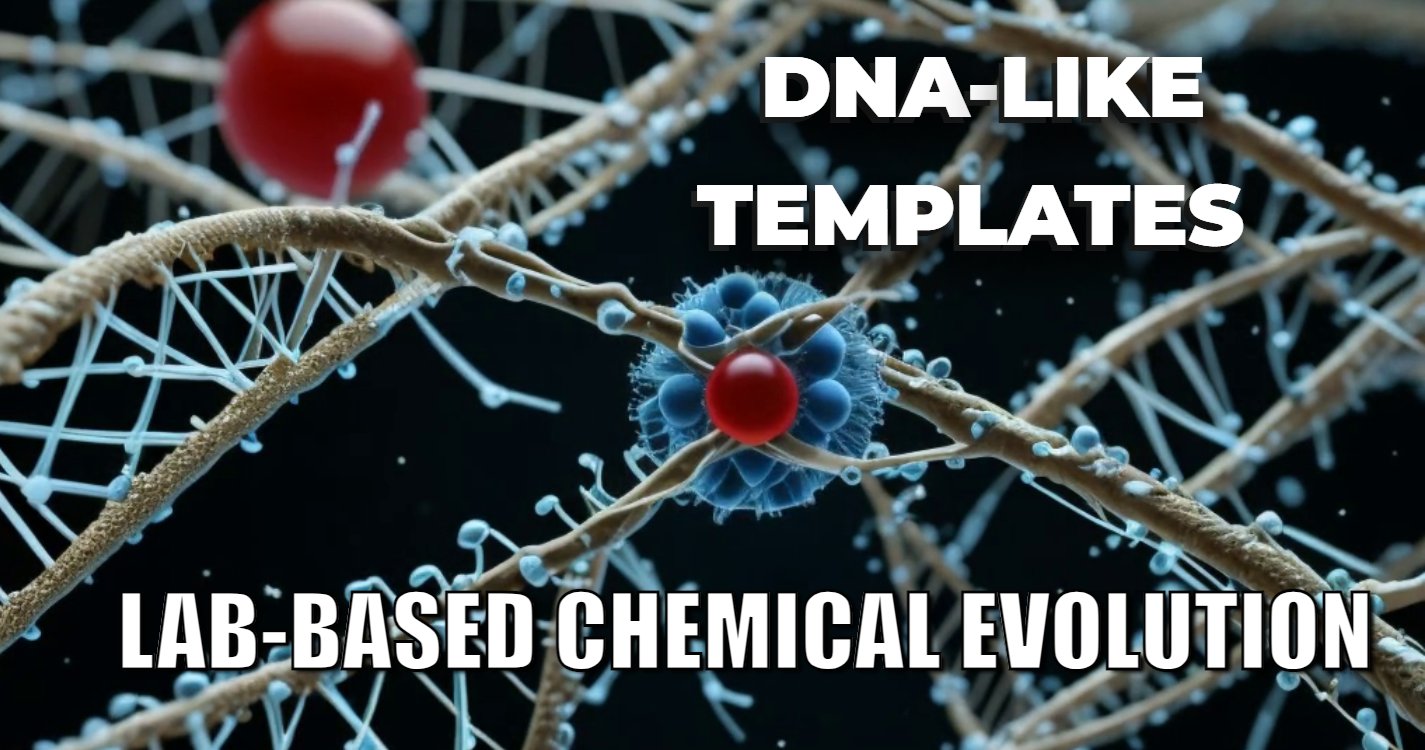This pandemic has been changed for the better by 19 vaccines. A lot of vaccine candidates have given people a lot of protection. The answer to this question could help make the best use of vaccines that are already available and speed up making new ones, too. An Indian Institute of Science and an Australian brain institute have discovered. When you get a vaccine, your body makes different antibodies that fight off viruses in different ways.
A model made by the team was able to predict how much protection would be given after a person was vaccinated based on their antibody “profile.” Predictions were very close to how well vaccines worked in clinical trials.
Key Highlight:
- In clinical trials, some vaccine candidates reduced the number of symptomatic infections by over 95%.
- The Indian Institute of Science and Queensland Brain Institute in Australia have developed a mathematical model that predicts how COVID-19 vaccine antibodies confer protection against symptomatic infections.
- The team’s model could predict the level of protection conferred by vaccination based on an individual’s antibody ‘profile’, and the predictions matched clinical trial efficacy for all major approved vaccines.
- The authors propose using such models to evaluate future vaccine efficacy before launching costly clinical trials.
- “The study is based on current vaccines designed to work on the original SARS-CoV-2 strain,” says Dixit.
A vaccine called COVID-19 has been a big help in the current pandemic. Several vaccine candidates have given a lot of protection, with some cutting the number of symptomatic infections by more than 95% in clinical trials. But what determines how much protection there is? The answer to this question could help make the best use of vaccines that are already available and speed up making new ones.
A mathematical model that predicts how antibodies made by COVID-19 vaccines protect against symptomatic infections has been developed by scientists at the Indian Institute of Science (IISc) and the Queensland Brain Institute (QBI) in Australia. A paper about the study was published in Nature Computational Science.
First, the researchers looked at over 80 different neutralizing antibodies reported to be made by people who had been vaccinated against the surface spike protein of SARS-CoV-2, the virus that caused COVID-19. These antibodies are usually in the blood for a long time and stop the virus from getting in by blocking the spike protein. The researchers think that these 80 antibodies form a “landscape” or “shape space,” and each person has a unique “profile” of antibodies that is a small, random part of this landscape.
Afterward, the team came up with a mathematical model that could predict how many people in a group of 3,500 people with different antibody profiles would get sick after getting vaccinated and how many of them would be able to avoid getting sick.
It has been hard to predict vaccine effectiveness because the processes involved are very complicated and work at many different levels. Narendra Dixit, a professor at the Indian Institute of Science in Delhi and the senior author of the study, says this: “Vaccines make the body produce many different antibodies, each of which has a different effect on virus growth in the body.” This, in turn, changes the dynamics of the infection and the severity of the symptoms that come with it. In addition, different people make different kinds of antibodies in different amounts.
The first author of the study, Pranesh Padmanabhan, says that understanding and measuring the wide range of antibody responses was difficult.
Based on an individual’s antibody “profile,” the team came up with a model to predict how much protection they would get after they were vaccinated. The predictions were found to match the efficacy of vaccines in clinical trials for all the major vaccines.
The researchers also found that vaccine effectiveness was linked to a simple antibody neutralization titer metric. This opens up the possibility of using animal models to test vaccines for their effectiveness before they go through many complicated clinical trials, the authors of the study said.
It’s important to note that this study is based on vaccines that have been designed to protect against the original SARS-CoV-2 strain. Until now, we haven’t been able to apply our formalism to the new vaccine variants, like Omicron, where other parts of the immune system, not just antibodies, may be playing a role in vaccine effectiveness.” Studies are being done to look into this.
Published work- https://www.nature.com/articles/s43588-022-00198-0





[…] Scientists at IISc developed a model that uses an individual’s antibodies… […]